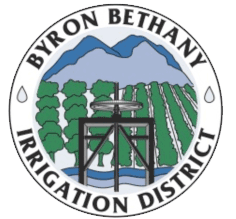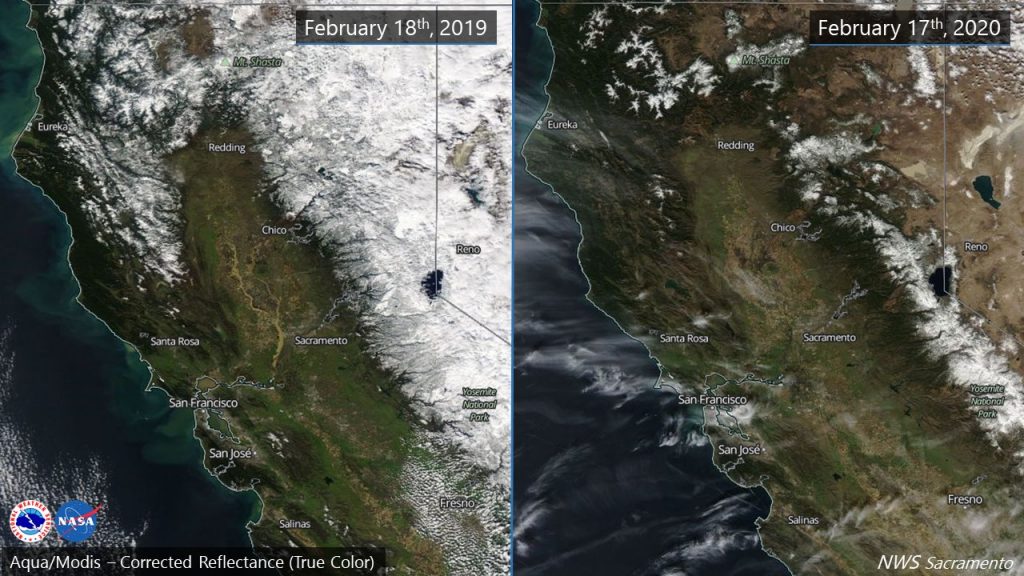LOS BANOS, CA – Cannon Michael, a 6th generation California farmer was re-elected chairman of the San Luis & Delta-Mendota Water Authority (Authority). Michael is president of Bowles Farming Company, a family owned and operated farming company headquartered in Los Banos. Michael also serves as chair of the Henry Miller Reclamation District, is a board member with the Water Education Foundation and serves as an advisory board member of the Public Policy Institute of California.
Following his re-election, Michael said, “The Authority plays a critical role in managing a significant part of the Central Valley Project. It is a big responsibility to oversee the operations that bring project water to over a million acres of farmland, 2 million California residents and important wildlife refuges along the Pacific Flyway.
“It is very rewarding to work with a great group of directors who have the knowledge and skill to solve complex water issues. Our board is supported by a tremendous group of employees who work tirelessly to make sure water is delivered safely, reliably, and efficiently.
“It is an honor to work with our member agencies who represent urban, agricultural and environmental uses of water, and all work on innovative solutions to improve water reliability for their areas,” he said.
Elected to serve as vice-chair of the Authority is William Bordeau. Bordeau is Executive Vice President of farming operations for Harris Farms and is a board member of the Westlands Water District. Bordeau also serves as chairman of the Valley Future Foundation, the California Water Alliance, and serves on the board of the Agricultural Foundation at California State University, Fresno. He replaces former Westlands Water District Chairman Don Peracchi.
Bordeau said, “It is an honor to serve in this leadership capacity on the Authority board of directors. There are critical needs within the communities in the San Joaquin and Santa Clara valleys. Having access to reliable water supplies lies at the heart of their economies and quality of life. We take that responsibility seriously and strive to do it as efficiently and effectively as possible.”
Bowles Farming Company is an organic and conventional farm growing fresh market and processing tomatoes, field crops including corn, melons, carrots and onions, alfalfa for local dairies and other commodities such as durum wheat for bread, pima cotton, pistachios and almonds. Other activities include managing wetlands and habitat restoration on the family farm.
Harris Farms is a diversified farming and hospitality company founded in 1937 and based near Coalinga, California.
Byron-Bethany Irrigation District (BBID) is a member agency of the Authority.
# # #
The San Luis & Delta-Mendota Water Authority serves 28 member public agencies, 25 of which contract with Reclamation for water supply from the CVP. These agencies deliver water to approximately 1.2 million acres of farmland, 2 million California residents, and millions of waterfowl dependent upon the nearly 200,000 acres of managed wetlands within the Pacific Flyway.

